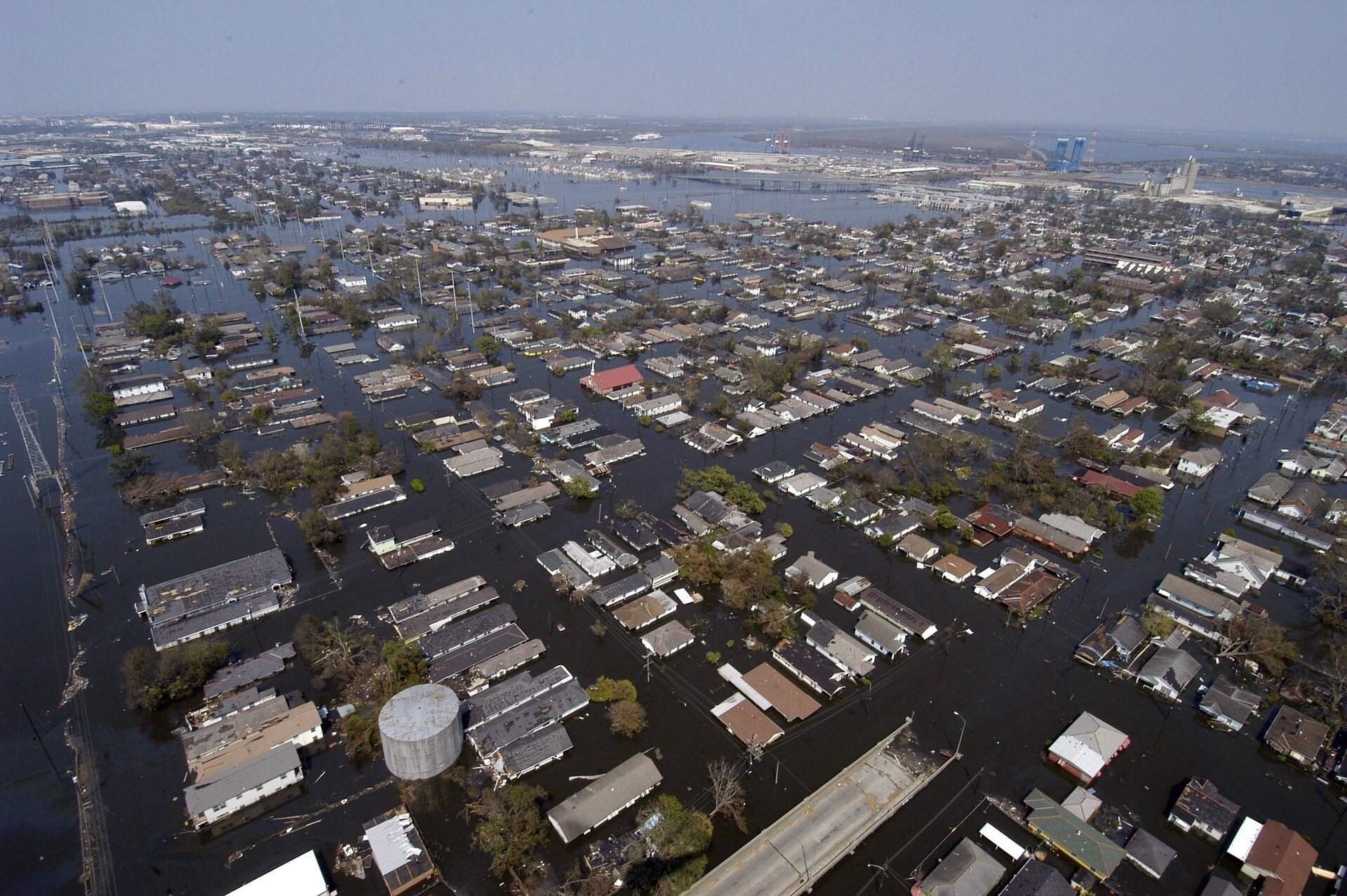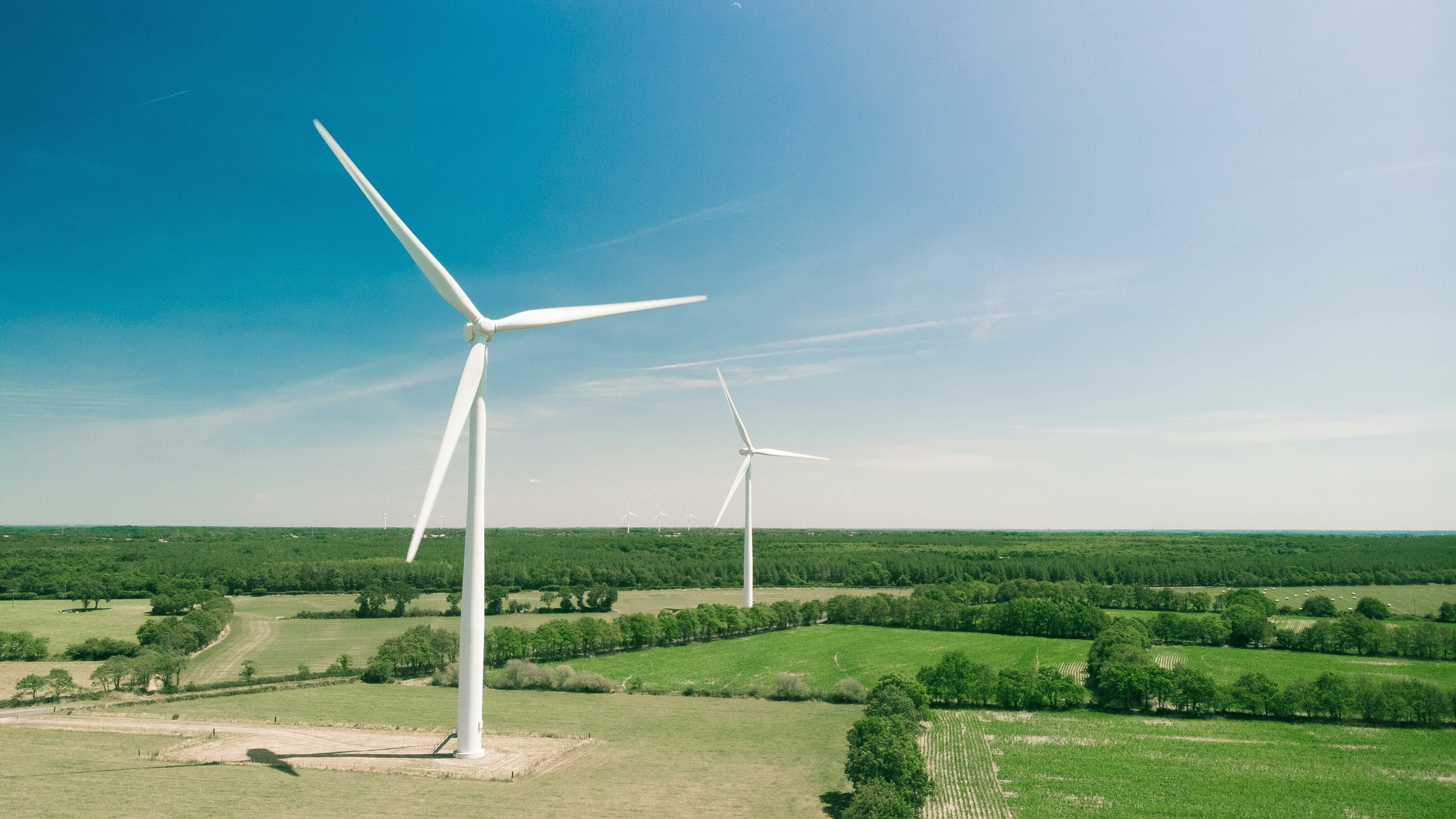COVID-19: The $4 trillion cost of not vaccinating everyone

If vaccines are not equally distributed, everyone will be affected. Image: REUTERS/Tyrone Siu

Get involved with our crowdsourced digital platform to deliver impact at scale
Stay up to date:
Vaccination
- The uneven distribution of vaccines comes at an estimated global economic cost of $4 trillion.
- This is partially because COVID-19 has disrupted global trade and will continue to do so if some countries do not receive vaccines.
- It is in developed countries’ economic interest to ensure that vaccines are equally distributed to developing countries, writes an economist.
Rolling out a vaccine to stop the spread of a global pandemic doesn’t come cheap. Billions of dollars have been spent developing drugs and putting in place a program to get those drugs into people’s arms.
But amid an uneven distribution of vaccines – with poorer countries lagging far behind richer nations – another concern presents itself: the cost of not vaccinating everyone.
My colleagues and I sought to find out what the total hit to the global economy of uneven vaccination distribution might be.
To do so, we analyzed 35 industries – such as services and manufacturing – in 65 countries and examined how they were all linked economically in 2019, before the pandemic. For example, the construction sector in the U.S. relies on steel imported from Brazil, American auto manufacturers need glass and tires that come from countries in Asia, and so forth.
We then used data on COVID-19 infections for each country to demonstrate how the coronavirus crisis has disrupted global trade, curbing shipments of steel, glass and other exports to other countries. The more that a sector relies on people working in close proximity to produce goods, the more disruption there will be due to higher infections.
We then modeled how vaccinations could help to alleviate these economic costs, as a healthy and immune workforce is able to increase output.
Shouldering the burden
Our results showed that if wealthier nations are fully vaccinated by the middle of this year – a goal that many countries are striving for – yet developing countries manage to vaccinate only half of their populations, the global economic loss would amount to around US$4 trillion.
We estimated the global economic cost of developing countries not vaccinating any of their citizens to be around $9 trillion. Work is underway to increase the reach of vaccines to developing countries, but nonetheless, it is likely that poorer nations will still lag in total numbers vaccinated.
Whatever the toll is, the U.S., Canada, Europe and Japan would shoulder almost half the burden of continuing disruptions to global trade – even if they themselves managed to vaccinate the entirety of their own populations.

The findings come as the global community seeks ways to address the imbalance in national vaccinations. Results from our study, published as a working paper by the National Bureau of Economic Research and its European counterpart, the Center for Economic Policy Research, were presented at a recent World Health Organization briefing. The timing of the report also coincides with President Joe Biden’s announcement that the United States intends to join COVAX – an initiative aimed at vaccinating at least 20% of the population of every country by the end of this year.
But COVAX is currently billions of dollars short of being able to meet that goal.
No economy is an island
Our research underscores that it is in rich countries’ direct economic interest to ensure poor nations are fully vaccinated as well.
Widespread vaccinations in wealthier nations will certainly help domestic businesses like restaurants, gyms and other services. But, industries such as auto, construction and retail that depend on outside countries for materials, parts and supplies will continue to suffer if vaccines are not made available worldwide.
No economy is an island – full global economic recovery will come only when every economy recovers from the pandemic.
Don't miss any update on this topic
Create a free account and access your personalized content collection with our latest publications and analyses.
License and Republishing
World Economic Forum articles may be republished in accordance with the Creative Commons Attribution-NonCommercial-NoDerivatives 4.0 International Public License, and in accordance with our Terms of Use.
The views expressed in this article are those of the author alone and not the World Economic Forum.
The Agenda Weekly
A weekly update of the most important issues driving the global agenda
You can unsubscribe at any time using the link in our emails. For more details, review our privacy policy.
More on Global RisksSee all
Gareth Byatt and Ilan Kelman
March 11, 2024
Andrea Willige
March 6, 2024
Richard Aster
November 15, 2023
Ian Shine and Rebecca Geldard
November 14, 2023
Andrea Willige
October 26, 2023
Simon Torkington
September 14, 2023






